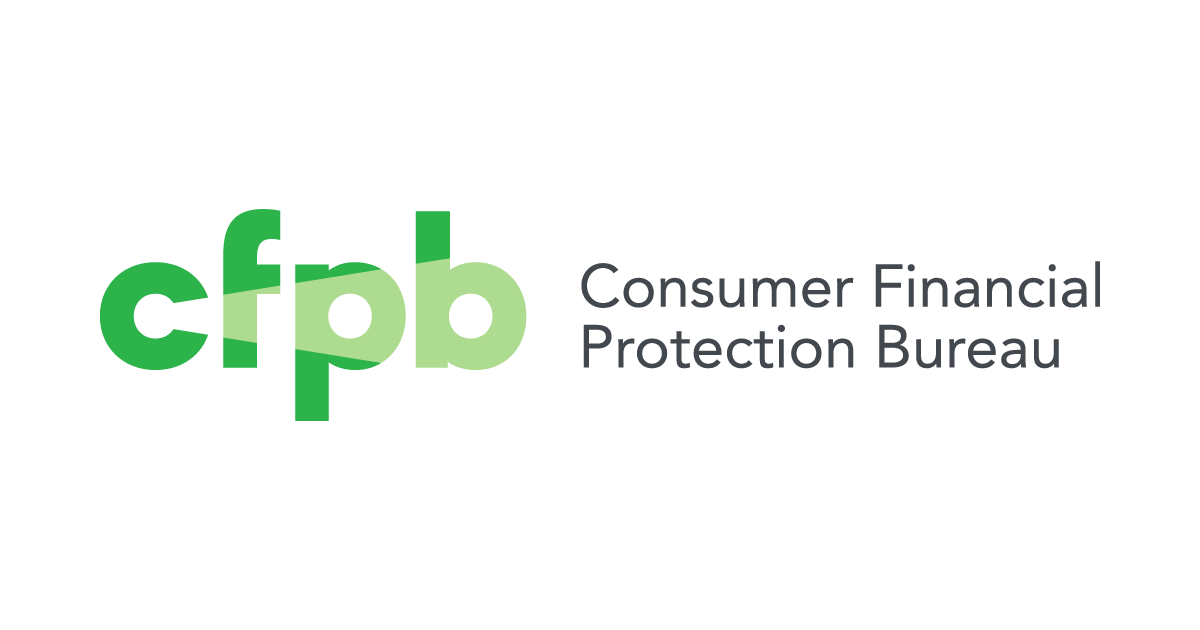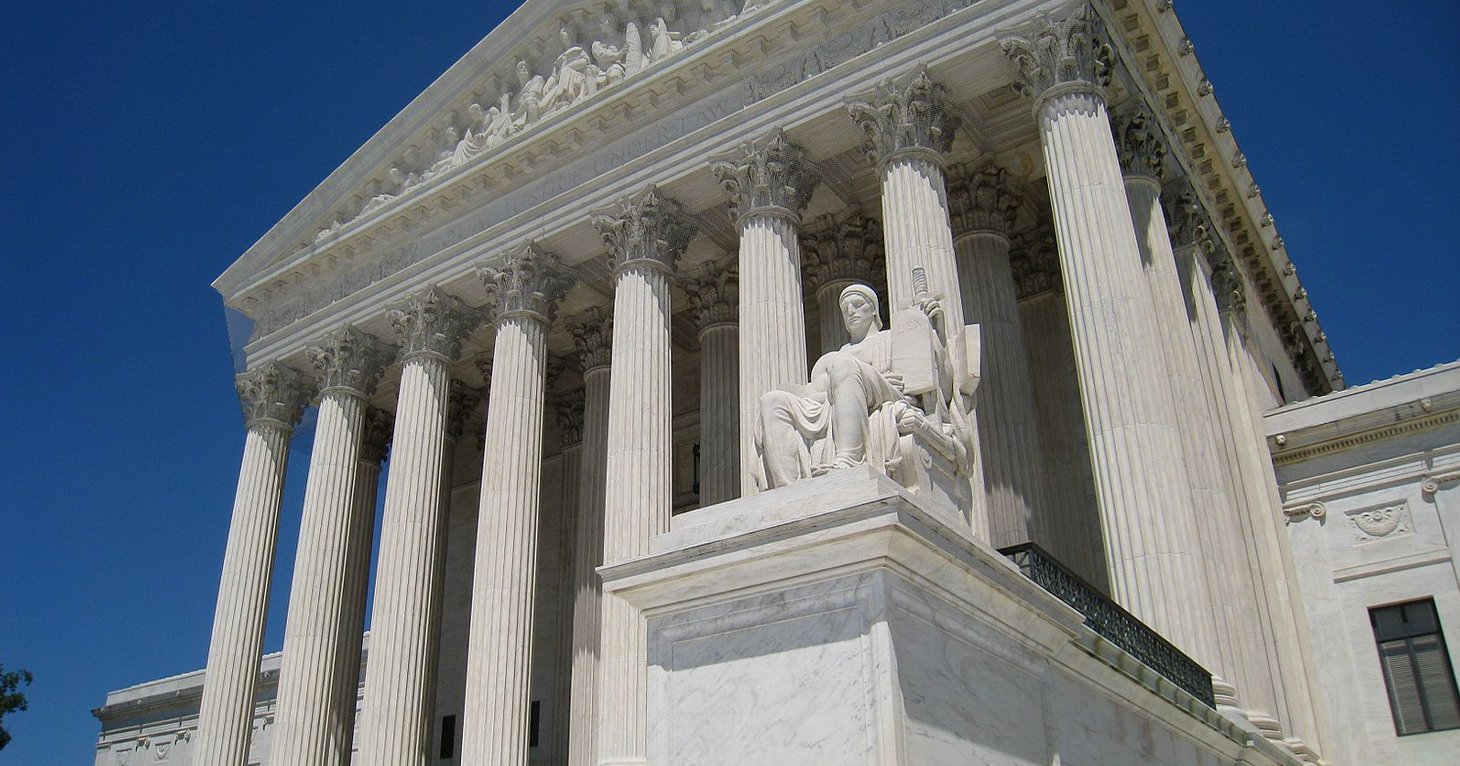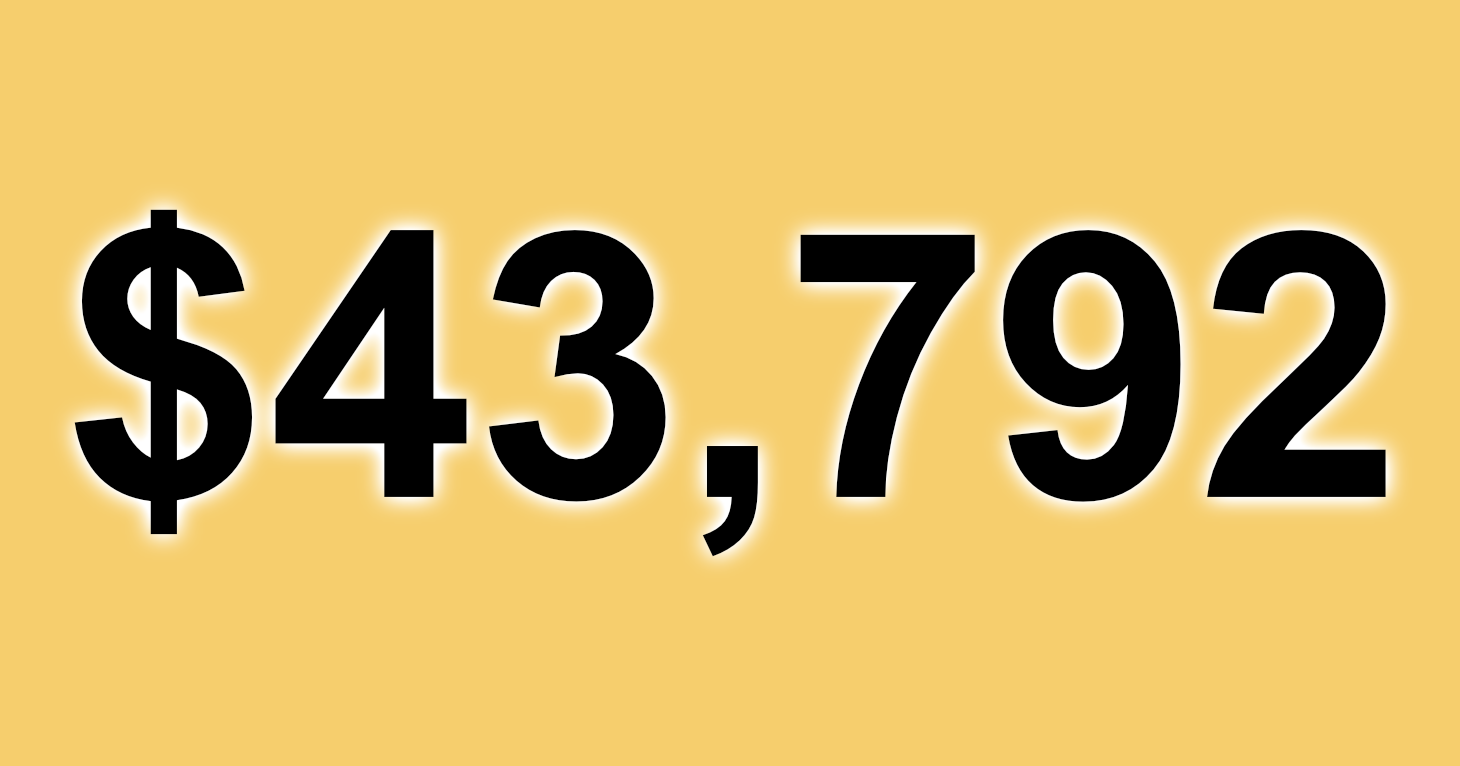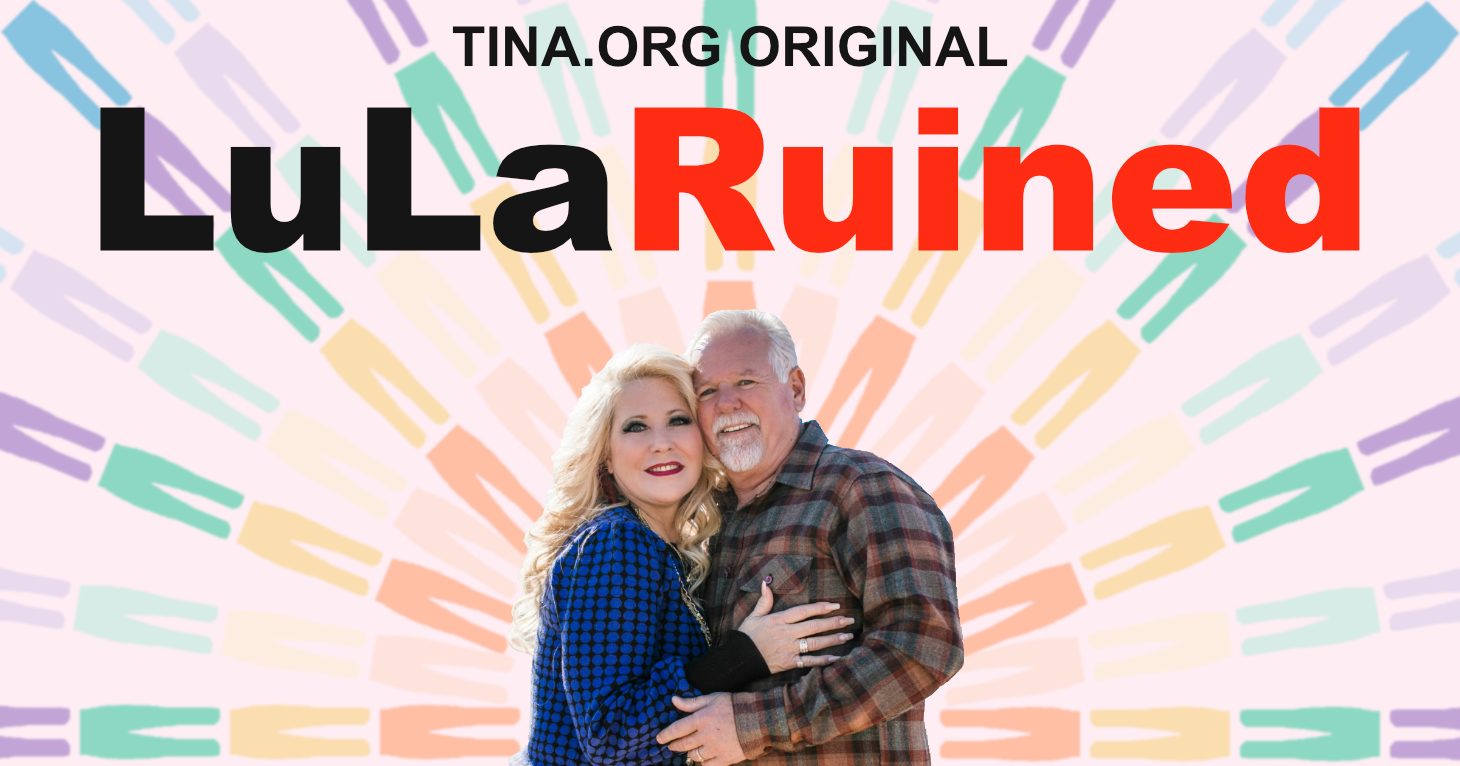
TINA.org Joins Over 300 Orgs. in Letter Urging Congress to Support Financial Watchdog
Legislators should protect the work of the Consumer Financial Protection Bureau.
TINA.org files brief in critical case concerning FTC authority.
| Bonnie Patten
UPDATE 4/26/21: The Supreme Court has ruled against the FTC and in favor of AMG, dealing a massive blow to the FTC’s ability to seek equitable relief for consumers under Section 13(b). Our original article follows.
WHAT’S UP
One of the best weapons the FTC has to use against swindlers, loan sharks, frauds and deceptive corporations is Section 13(b) of the FTC Act. Created by Congress in 1973, the pertinent part states that “in proper cases the Commission may seek, and after proper proof, the court may issue, a permanent injunction.”
The true power of 13(b) hails from the 18th century (at least since 1745) when courts recognized that their authority to issue an injunction against a defendant (that is, an order to stop the wrongdoing) carried with it the right to make victims whole because “the wrong-doer should not profit ‘by his own wrong.’” And for nearly 300 years, this equitable principle has not only guided the judiciary but also the legislative branch of government.
The FTC brought its first case for a 13(b) permanent injunction in 1979. Since then, 13(b) has become a mainstay of the FTC’s enforcement program with dozens of cases brought under this section every year – among them Volkswagen, Herbalife, DeVry University, Office Depot and Uber. In fact, from 2016 to 2020, the FTC returned approximately $1.1 billion to consumers using 13(b).
But now companies and individual defendants are fighting back against 13(b) actions, arguing that the FTC does not have the authority to obtain monetary relief for victims when it obtains permanent injunctions because 13(b) doesn’t specifically say victims should get back what was wrongfully taken from them.
And so far, two appellate courts (the Third and Seventh Circuits) have agreed with that argument, while six other appellate courts have held that when a permanent injunction is issued, victims should be made whole. Because there is a split among the federal appellate courts, the Supreme Court has chosen to decide what relief, if any, is available under 13(b) based on a case out of the Ninth Circuit.
While hundreds of pages of briefing by the parties and friends of the court (including TINA.org) have focused on the equitable theories surrounding injunctions, for better or worse, none provide a thorough retelling of the sordid factual details underlying the case that the Supreme Court justices will be hearing in January.
HOW WE GOT HERE
 For more than 15 years, convicted felon Scott Tucker made billions exploiting economically disadvantaged consumers by making small, short-term, high-interest, unsecured loans to them, referred to as payday loans, through the internet. Tucker’s lending company, AMG Capital Management, routinely charged interest rates of 600 percent and from at least 2008 to 2012, Tucker’s company collected more than $1 billion in deceptive finance charges from consumers who could ill afford to be scammed.
For more than 15 years, convicted felon Scott Tucker made billions exploiting economically disadvantaged consumers by making small, short-term, high-interest, unsecured loans to them, referred to as payday loans, through the internet. Tucker’s lending company, AMG Capital Management, routinely charged interest rates of 600 percent and from at least 2008 to 2012, Tucker’s company collected more than $1 billion in deceptive finance charges from consumers who could ill afford to be scammed.
In 2017, Tucker was criminally convicted on 14 counts of racketeering, conspiracy, fraud and making false statements in disclosures required by the Truth in Lending Act (TILA), and sentenced to more than 16 years in prison. In sentencing Tucker, the court described his crimes as “a scheme to extract money from people in desperate circumstances” that “created heartbreak and sorrow … not just a financial loss.”
But before the Department of Justice caught up with Tucker, the FTC sued him and his AMG company, among others, in 2012 under 13(b) claiming that they were violating the FTC’s consumer protection laws, which are designed to protect consumers from economic injuries.
THE MARKETING PITCH IN QUESTION
Specifically, the FTC asserted that Tucker stole more than $1.3 billion from consumers by misrepresenting loan terms and causing borrowers to pay more than seven times the interest they were told they would pay.
By way of example, if consumers borrowed $300 from Tucker, they were informed – by legally required TILA information – they would have to pay back the $300 plus $90 for a total of $390. But what most consumers didn’t know (because Tucker hid the information in fine print) is that taking the $300 loan would trap them in a renewal plan in which they’d ultimately be charged $675 in fees if they didn’t affirmatively opt out.
In 2016, a Nevada federal district court found that Tucker (and his companies) had violated FTC law with his payday lending scheme. The court entered a 13(b) permanent injunction against Tucker and ordered him to pay $1.27 billion in restitution so that the FTC could provide monetary relief to Tucker’s victims.
Tucker appealed. He did not dispute that he had violated the law but argued that the money he stole from his victims should be his to keep under 13(b). And as crazy as that might sound, remember that two federal appellate courts have recently ruled that Tucker’s argument is the correct one – that swindlers should be able to pocket their ill-gotten gains under 13(b). Unfortunately for Tucker, the Ninth Circuit, which heard his appeal, held the opposite, that the money he stole should be returned to its rightful owners – the victims of Tucker’s loan-sharking scheme.
WHAT’S NEXT
The Ninth Circuit Court of Appeals did not get the last word in this saga. The Supreme Court is reviewing Tucker’s case and in January it will hear oral argument from the FTC and Tucker’s attorney as to who gets the $1.27 billion – Tucker or his victims.
There is no doubt that the decision will have dramatic and impactful consequences for the dozens of 13(b) cases that the FTC currently has pending. As of mid-2020, there were 56 such cases pending in federal district court. The FTC’s docket includes its recent complaint against Facebook, pyramid scheme cases against Neora (aka Nerium) and Success By Health, its case against the makers of the deceptively marketed memory supplement Prevagen, and the action it filed against a house-flipping scam, which includes real estate celebrities Dean Graziosi and Scott Yancey as defendants. These are all 13(b) cases that the FTC will not be able to collect a dime from, even if it wins, if Tucker (and his supporters such as the Chamber of Commerce, the Direct Selling Association and The Pharmaceutical Research and Manufacturers of America) have their way.
Indeed, if the Supreme Court rules in Tucker’s favor, scores of scammers, fraudsters and dishonest corporations will be emboldened to cheat consumers because lying will be a condoned business strategy. As TINA.org wrote in its friends of the court brief:
The central premises of modern consumer protection laws are that marketplace dishonesty is not simply deplorable in some abstract sense, but injurious—causing harms against which individual consumers and businesses cannot practically protect themselves; and that, if uncorrected, such behavior seriously impairs the efficient allocation of resources in the Nation’s market economy. … [A] rule giving the worst wrongdoers an absolute right to retain funds they took from unwitting victims will make consumers and the economy more vulnerable to harm. But it is equally true, if less obviously so, that efforts to drive the FTC off the enforcement field will only disserve the interests in fair, rational, and coherent consumer protection regulation….
If you want to listen in to the oral argument before the nine Supreme Court justices in this case on Jan. 13, 2021, as TINA.org will be, click here for more information.
Legislators should protect the work of the Consumer Financial Protection Bureau.
The agency puts the MLM industry on notice.
New documentary explores the rise and fall of LuLaRoe.


